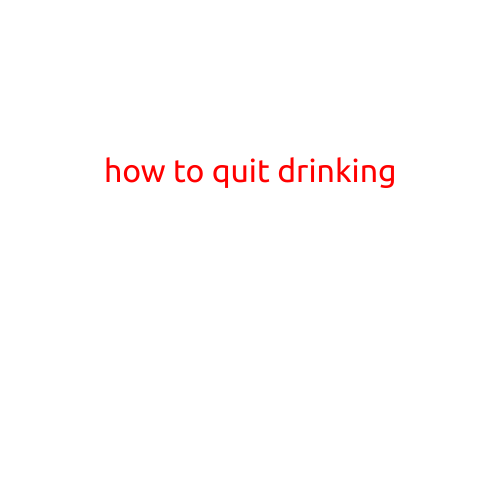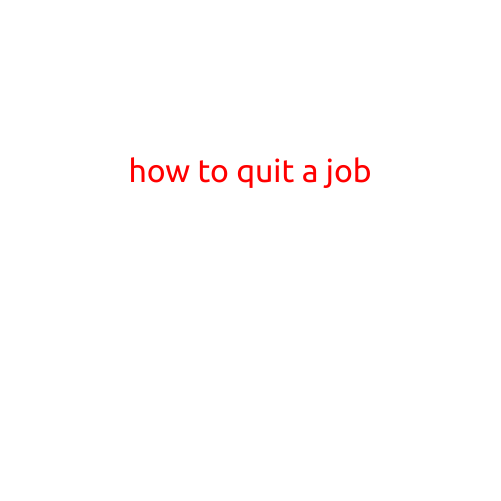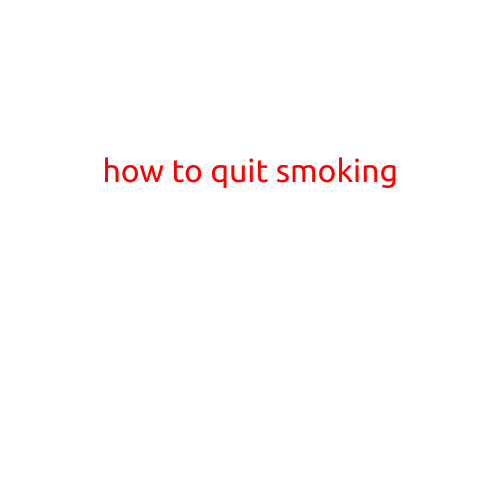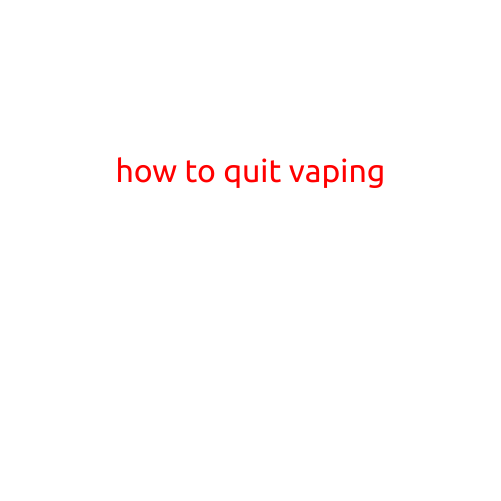
How to Quit Drinking: A Step-by-Step Guide
Quitting drinking can be a challenging and difficult decision, but with the right mindset and strategies, it can also be a life-changing experience. Whether you’re looking to overcome addiction, improve your health, or simply adopt a healthier lifestyle, quitting drinking is a significant step towards personal growth and transformation.
In this article, we’ll provide a step-by-step guide on how to quit drinking, covering the preparation, withdrawal, and long-term recovery phases.
Preparation Phase
Before you quit drinking, it’s essential to prepare yourself mentally and physically. Here are some steps to take:
- Identify your triggers: Take note of the situations, people, and emotions that make you want to drink. Once you’re aware of your triggers, you can develop strategies to avoid or manage them.
- Set a quit date: Choose a specific date to quit drinking and mark it on your calendar. This will give you a deadline to work towards and help you stay committed.
- Get support: Share your decision with friends and family, and consider joining a support group or seeking professional help from a therapist or counselor.
- Prepare for withdrawal: Quitting drinking can lead to withdrawal symptoms such as headaches, anxiety, and insomnia. You can reduce these symptoms by taking steps like getting plenty of sleep, exercising regularly, and eating a healthy diet.
- Find healthy alternatives: Replace drinking with other activities such as hobbies, exercise, or spending time with non-drinking friends.
Withdrawal Phase
The withdrawal phase is the most challenging part of quitting drinking. Here are some tips to help you overcome it:
- Stay hydrated: Drink plenty of water and other fluids to prevent dehydration and minimize symptoms like headaches and fatigue.
- Get enough sleep: Aim for 7-8 hours of sleep each night to help your body recover from the physical effects of drinking.
- Exercise regularly: Engage in physical activities like walking, yoga, or meditation to reduce symptoms like anxiety and depression.
- Manage withdrawal symptoms: If you’re experiencing severe withdrawal symptoms, consider seeking medical attention or taking medication to help manage them.
- Stay positive: Focus on the benefits of quitting drinking, and remind yourself why you decided to quit in the first place.
Long-Term Recovery Phase
The long-term recovery phase is where you’ll focus on maintaining sobriety and building a healthier lifestyle. Here are some tips to help you stay on track:
- Attend support groups: Regularly attend support groups or therapy sessions to stay connected with others who are going through the same experience.
- Find healthy ways to cope: Learn healthy coping mechanisms like meditation, deep breathing, or journaling to manage stress and emotions.
- Stay active: Engage in regular exercise or physical activities to maintain a healthy lifestyle and reduce the risk of relapse.
- Practice self-care: Prioritize self-care by getting enough sleep, eating a balanced diet, and taking time for yourself each day.
- Celebrate milestones: Celebrate your progress and milestones, no matter how small they may seem, to stay motivated and encouraged.
Additional Tips
Quit drinking for good by:
- Avoiding situations that may trigger your desire to drink, such as bars or parties
- Building a support network of non-drinking friends and family members
- Finding healthy ways to manage stress and emotions, such as exercise or meditation
- Practicing self-care and prioritizing your physical and mental health
- Staying positive and focusing on the benefits of quitting drinking
Conclusion
Quitting drinking is a process that requires preparation, perseverance, and self-care. By following these steps, you’ll be well on your way to overcoming addiction and building a healthier lifestyle. Remember to stay positive, focused, and committed to your goal, and don’t be afraid to seek help when you need it. With the right mindset and strategies, you can successfully quit drinking and live a happier, healthier life.





